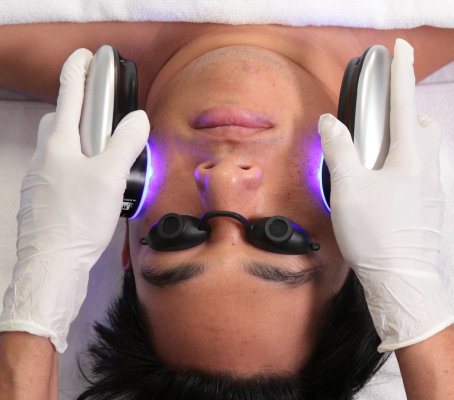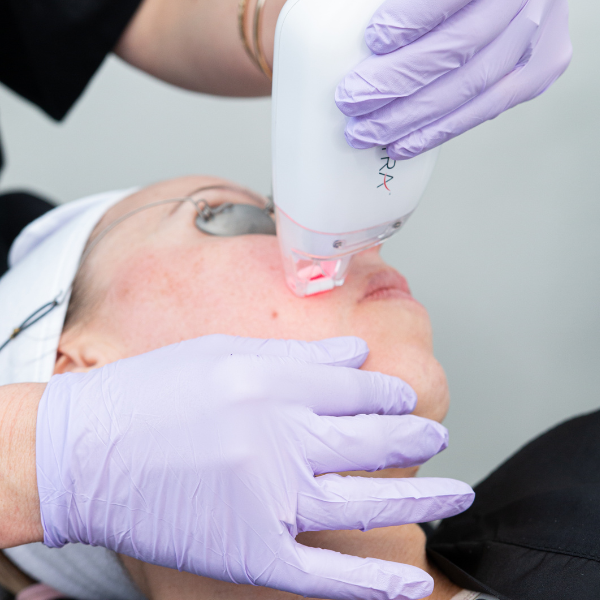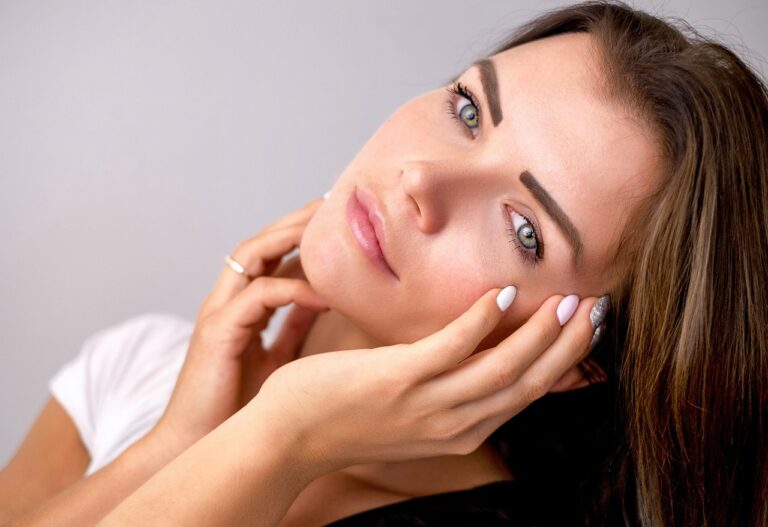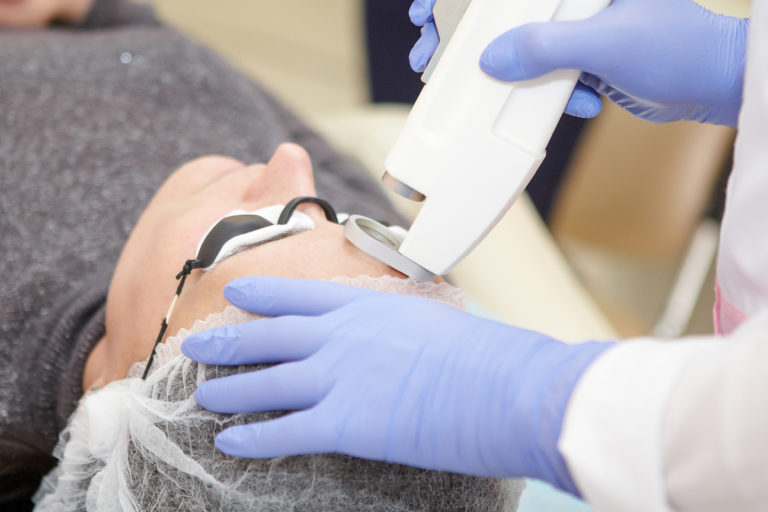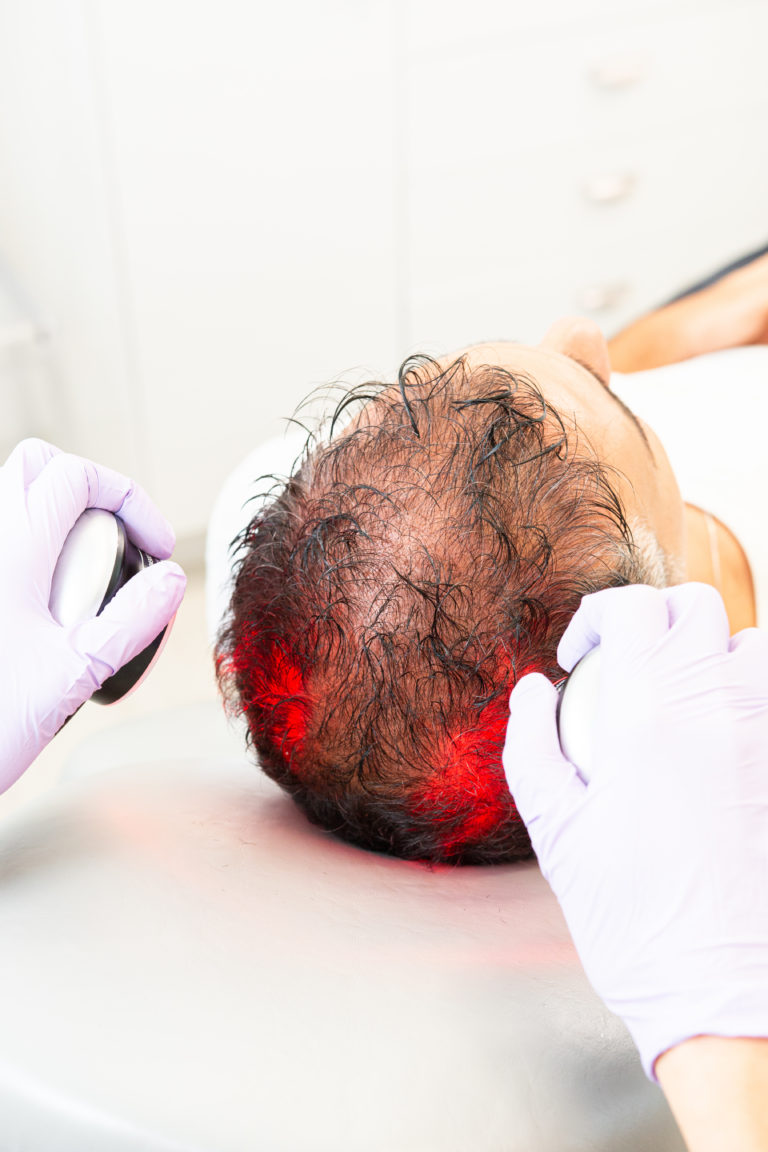Living in paradise doesn’t mean your skin is immune to problems. While Fort Lauderdale boasts beautiful beaches and sunshine, these factors can contribute to various dermatological disorders.
Skin Spotlight: What You Need to Know About Dermatological Disorders in Fort Lauderdale
In the sunny haven of Fort Lauderdale, where beautiful weather is a constant companion, it’s essential to understand the unique dermatological challenges that come with this vibrant lifestyle. From sun-related concerns to environmental factors, residents and visitors alike may encounter specific skin issues. In this enlightening exploration, we shed light on what you need to know about dermatological disorders in Fort Lauderdale.
The warm and humid climate can contribute to various skin conditions, making it crucial to be well-informed and proactive about skincare. Whether you’re dealing with sun damage, humidity-induced skin problems, or other common disorders, a certified and trusted dermatological clinic plays an important role because they can offer an approach to skincare that encompasses both the health and beauty that your skin deserves.
A Closer Look at Dermatological Challenges in Fort Lauderdale
Fort Lauderdale’s sunny skies and vibrant lifestyle are undeniably alluring, but its tropical climate and active outdoor culture can pose unique challenges for your skin. Here’s a closer look at some of the most common dermatological disorders encountered by residents:
1. Sun Damaged Skin
This is premature aging and uneven pigmentation caused by excessive UV exposure. The Florida sun is powerful, making sunburn a frequent occurrence.
Symptoms:
- Wrinkles
- Fine lines
- Age spots
- Uneven skin tone
- Loss of elasticity.
Causes:
- Excessive sun exposure without proper protection.
2. Actinic Keratoses (AKs)
The Florida sun is notorious for its strength, making residents susceptible to sun damage and precancerous lesions known as actinic keratoses. Early detection and treatment are crucial to prevent the development of skin cancer.
Symptoms:
- Dry, rough texture
- Slight scaling
- May be slightly raised
Causes:
- Excessive ultraviolet (UV) radiation from the sun
- Tanning beds damages the skin cells
3. Acne
This universal struggle doesn’t discriminate, affecting teens and adults alike in Fort Lauderdale’s vibrant community.
Symptoms:
- Oily skin
- Blackheads
- Whiteheads
- Pustules
- Cysts
- Redness
- Inflammation
Causes:
- Fluctuating hormones
- Clogged pores
- Excess oil production
- Bacterial infection
4. Eczema and Psoriasis
These chronic inflammatory skin conditions can be exacerbated by Fort Lauderdale’s tropical climate.
Symptoms:
- Red, itchy, inflamed skin
- Patches or scales
- Dry or cracked skin
Causes:
- Complex interplay of genetics
- Environmental triggers
- Immune system response
5. Rosacea
This common issue affects the facial skin, causing redness, inflammation, and visible blood vessels.
Symptoms:
- Flushing
- Redness
- Visible blood vessels
- Pimples
- Burning or stinging sensation
Causes:
- The exact cause is unknown, likely linked to genetics, sun exposure, and specific triggers.
6. Fungal Infections
With its sandy beaches and warm climate, Fort Lauderdale provides a breeding ground for fungal infections like athlete’s foot. This skin infection is caused by fungi, primarily affecting the feet and nails.
Symptoms:
- Itchy, red, cracked skin on the feet
- Nail fungus:
- Thickened, discolored nails
Causes:
- Exposure to fungi in warm, moist environments like swimming pools and locker rooms
By recognizing the symptoms and causes of these common disorders, you can take proactive steps to protect your skin and seek timely treatment if needed. Remember, Fort Lauderdale’s sunshine comes with significant UV exposure, making sun protection a top priority. If you’re experiencing any concerning skin changes, consult a board-certified dermatologist.
Understanding and Overcoming Common Disorders
Living in Fort Lauderdale comes with unique dermatological challenges, given the city’s warm and humid climate. The combination of increased moisture and environmental factors can contribute to conditions such as acne and eczema. However, understanding these challenges is the first step to overcoming them. By familiarizing yourself with the common disorders that affect Fort Lauderdale residents, you can take proactive measures to protect your skin, such as using sunscreen and adapting your skincare routine to the climate.
In case of persistent concerns or symptoms, visiting a trusted dermatological clinic ensures timely and expert care tailored to your specific skin needs.
Closing the Chapter: A Recap and Reflection on Fort Lauderdale’s Dermatological Landscape
Wrapping up our exploration of Fort Lauderdale’s dermatological scene, it’s clear that the city’s sunny vibes come with their skincare quirks. From dealing with sunburn to managing humidity-induced acne, residents now have the insights to tackle these challenges head-on. Everyone can enjoy healthy, glowing skin in this coastal paradise by staying in the know and taking simple preventive steps. Here’s to understanding the ins and outs of Fort Lauderdale’s skincare story!
Ready to experience personalized care and achieve radiant, healthy skin? Book your consultation now!
Frequently Asked Questions
What are the best ways to protect my skin from the sun in Fort Lauderdale?
Applying sunscreen with SPF 30 or higher every two hours, seeking shade during peak sunlight hours (between 10 am and 4 pm), and wearing sun-protective clothing are crucial for protecting your skin in Fort Lauderdale’s strong sunshine.
How can I manage my eczema or psoriasis in Fort Lauderdale’s humid climate?
Avoiding harsh soaps, using fragrance-free moisturizers regularly, identifying and avoiding personal triggers like stress or specific foods, and exploring light therapy options can help manage eczema and psoriasis flare-ups in the humid Fort Lauderdale climate.
Is it necessary to see a dermatologist if I have a minor fungal infection?
While some mild fungal infections may resolve on their own, consulting a dermatologist is recommended, especially if the infection persists, worsens, or affects multiple areas. They can diagnose the specific type of infection and prescribe appropriate treatment to prevent complications.
What are some lifestyle changes I can make to improve my overall skin health?
Maintaining a healthy diet rich in fruits, vegetables, and whole grains, staying hydrated, managing stress levels, getting enough sleep, and avoiding smoking and excessive alcohol consumption can significantly improve your skin health and reduce the risk of various dermatological disorders.
Who are the best dermatologists in Fort Lauderdale?
Ayana Dermatology boasts a team of board-certified dermatologists recognized for their expertise in the field. Our commitment to excellence and patient-centric care makes us a trusted choice in Fort Lauderdale.
Education:
• Summa cum laude graduate from the University of Florida with dual degrees in chemistry and nutritional science
• Top of the class at Nova Southeastern University's medical school
Dermatology Residency:
• Chief Resident in the dermatology residency program at St. Barnabas Hospital, Bronx, New York
Academic Positions:
• Faculty attending physician at Columbia University, New York Presbyterian Hospital
Certifications:
• Fellow of the American Academy of Dermatology
• Fellow of the American Osteopathic College of Dermatology

